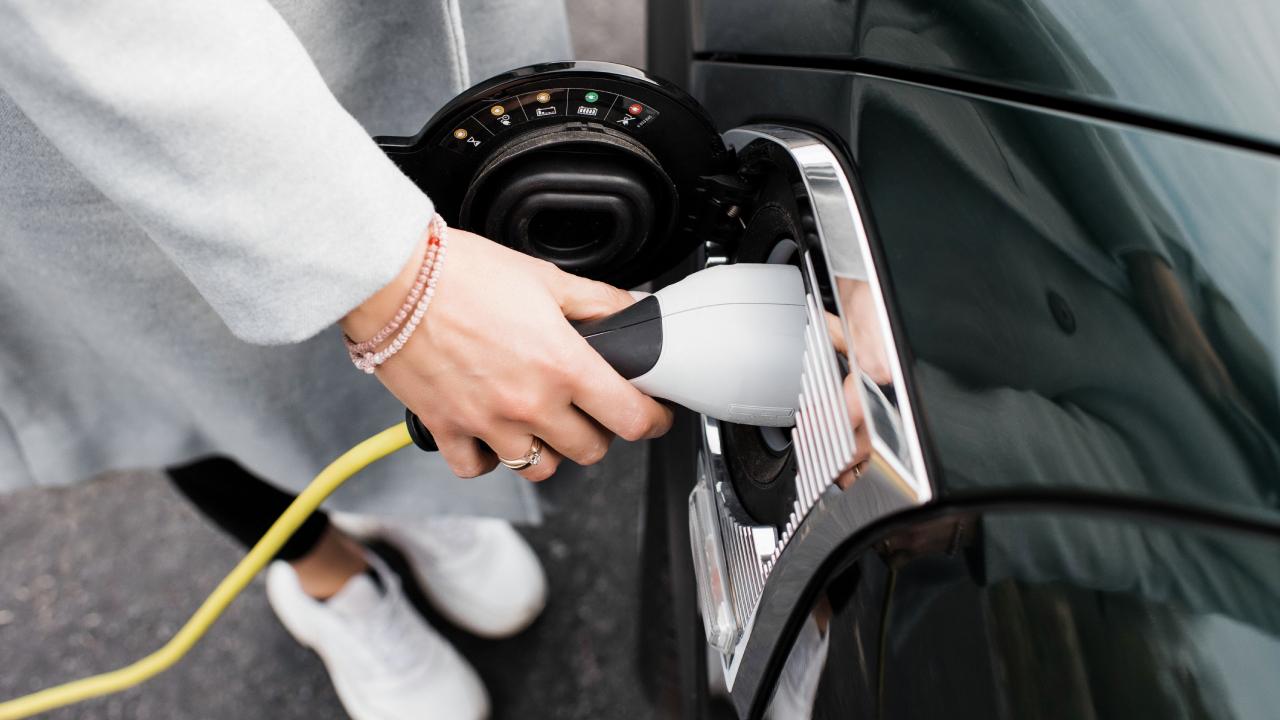
EU Governments Divided on Chinese EV Tariffs Amid Trade Dispute
EU nations are debating whether to impose additional tariffs on Chinese-made electric vehicles (EVs), highlighting the European Commission's challenge in securing support for its largest trade case to date as China threatens widespread retaliation.
Germany, whose automakers generated a third of their sales in China last year, is opposing the tariffs, according to a government insider. In contrast, France has been a strong advocate. Most EU countries are still deliberating on the issue, based on an informal Reuters survey.
The decision will be presented to EU members for an advisory vote in the coming weeks, marking the first official test of support for this significant case. Notably, the EU initiated the investigation without an industry complaint, a first of its kind.
On Thursday, the bloc is expected to confirm provisional duties of up to 37.6% on Chinese brands such as BYD, Geely, and SAIC, as well as on China-manufactured models of Tesla, BMW, and other Western automakers. This could lead to billions in additional costs for carmakers, potentially slowing their expansion in Europe.
In October, EU members will vote on whether to implement multi-year tariffs, contingent on a "qualified majority" of at least 15 countries representing 65% of the EU population. France, Italy, and Spain, accounting for 40% of the EU population, have indicated support for the tariffs.
Spain's economy ministry stated, "Europe must defend itself if our companies are harmed and do not compete on equal terms." Meanwhile, the Czech Republic, Greece, Ireland, and Poland are still considering their positions, while Belgium has a caretaker government, and the Netherlands recently formed a new government.
Germany has emphasized the need for a negotiated solution with Beijing, with its automakers arguing that tariffs would be counterproductive. The German auto association urged Brussels to abandon the tariffs, warning that increasing EV costs undermines the EU's carbon-neutral goals for 2050. Tesla has already announced plans to raise prices.
Potential Chinese retaliation could include tariffs on EU exports such as cognac, pork, or luxury cars. The European Commission argues that duties are necessary to counteract Chinese subsidies like cheap loans, land, and raw materials, aiming to level the playing field rather than exclude Chinese carmakers.
Tariffs could also provide the EU with leverage in negotiations with Beijing, encouraging manufacturers to produce cars within the EU. Hosuk Lee-Makiyama, director of the European Centre for International Political Economy, suggested that clear majorities could strengthen the positions of tariff supporters or opponents, with final decisions hinging on Beijing's negotiation offers.
The current EV investigation may be just the beginning as the EU adopts a tougher stance on China, with its green and tech sectors lagging behind global competitors. A comprehensive 712-page report on Chinese state interference and subsidies released in April underscores Brussels' commitment to addressing these issues, potentially paving the way for future trade cases.
Alicia Garcia Herrero, a senior fellow at Bruegel, remarked, "This report sets the stage and demonstrates why Europe is changing its policies. It's also a clear message, particularly to the German chancellery."